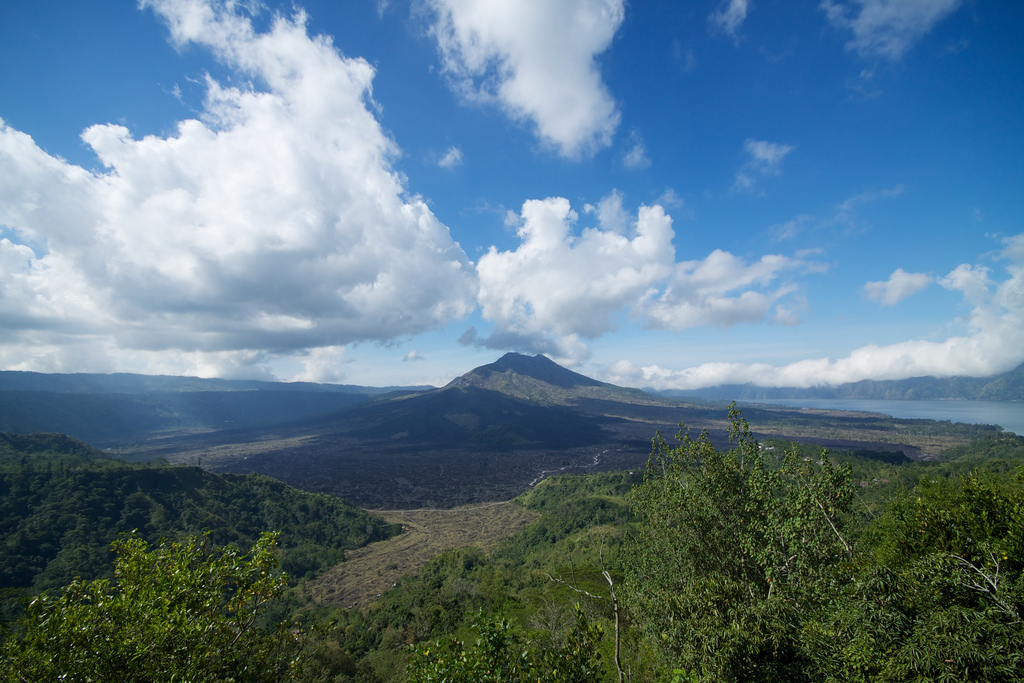We’re reporting back from Bali, Indonesia, where the February meeting of the Green Climate Fund (GCF) Board took place, and excited to share an update on the progress we made and the challenges we face ahead!
The GCF was created by the UN Framework Convention on Climate Change in 2010 to serve as the primary climate fund through which $100 billion will flow from developed to developing countries for climate mitigation and adaption activities on an annual basis. Although the GCF has not yet mobilized the money needed, the Board is continuing its work to design the rules and procedures for how the Fund will operate.

CIEL plays a critical role in helping to ensure that activities funded by the GCF do not cause harm to peoples and communities around the world. We do this by engaging in three specific areas: safeguards, accountability, and participation.
Safeguards
Strong safeguards help to minimize environmental and human harms and promote sustainable development in actions taken to mitigate or adapt to climate change. In many cases, however, mitigation policies that are intended to solve one problem – reduce greenhouse gas emissions contributing to climate change – result in unintended but devastating impacts on communities and the environment upon which they depend. The Barro Blanco dam in Panama clearly illustrates how such projects threaten to violate rights.
At the Bali meeting, the Secretariat presented a progress report that reflected its initial thinking on the GCF safeguard policies. Our primary concern is that the safeguard policy is far too general (in other words, it includes guiding principles rather than prescriptive standards) and needs much more detail to be effective. In a joint civil society submission endorsed by nearly 50 organizations, we provided specific recommendations, including the need for provisions that deal with land rights and local consultation. The consultation process for providing input was very short, and did not provide opportunities for meaningful consultation.
Accountability
Accountability is another key issue that CIEL focuses on at the GCF. Based on our experience working with other international accountability mechanisms, we recognize that the GCF’s redress mechanism will be critical to the success of the Fund. In Bali, the Board was tasked with adopting the terms of reference for the GCF’s redress mechanism, which will provide a means for affected people and communities to seek recourse when they suffer harms associated with GCF projects. The final decision on the terms of reference has not yet been posted, but the final draft that was discussed during the meeting is available here.
We advocated for the Board to draw on the best practices of existing accountability mechanisms such as the Compliance Advisor/Ombudsman of the International Finance Corporation in its design of the mechanism. Most significantly, we recommended that the Board expand the scope of the redress mechanism to allow any person or group affected or potentially affected by adverse impacts to submit a complaint regarding GCF activities. Other grievance mechanisms allow communities or groups that may be affected by a project to submit complaints as a means to prevent harms from occurring in the first place. Unfortunately, the Board did not explicitly address this issue, and there was no opportunity for input or consultation on the terms of reference. In fact, our civil society representative was allowed (begrudgingly) to make an intervention only after the decision had been adopted.
Participation
Transparency and public participation are essential for the legitimacy of the GCF. However, to date, the proceedings have been frustratingly opaque. The GCF routinely fails to give experts, civil society, and even Board members enough time to analyze decisions before they are adopted. Last October, CIEL and our civil society partners pushed to make webcasting available for the GCF proceedings, but the proposal was met with resistance. Instead, the meetings are recorded and made available three weeks later, giving the illusion of transparency but effectively eliminating meaningful participation for representatives unable to attend in person.
The future of the Green Climate Fund has enormous potential if it’s structured well and is truly transformational. We’ll keep you updated as the GCF continues to evolve and take shape.
Originally posted on April 2, 2014.
